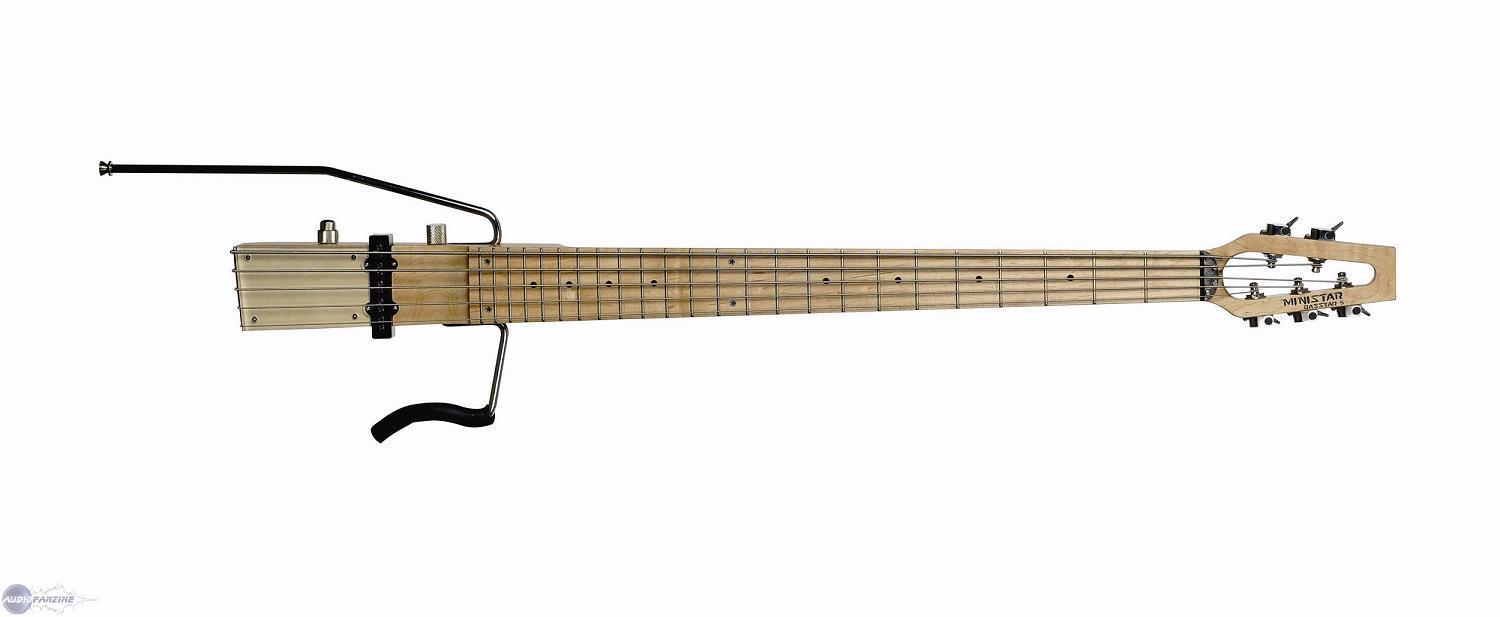
The story follows nine days in the life of Valentin Kovačević, a fictional Montenegrin minister of culture, immediately after he accidentally kills an artist while participating in a performance. Though there are few works of note that have managed this coherence, a novel that has succeeded is this year’s Montenegrin winner of the European Union Prize for Literature, Ministar (Minister), written by the dramatist, scriptwriter, and prosaist Stefan Bošković. Although coming to terms with a nation’s disintegration is an ongoing process, one assumes that a thirty-year distance would have produced a more substantial corpus of literature, capable of integrating remaining traumas into burning contemporary matters-corrupt Balkan political elites, organized crime, simmering nationalism, and the slow but steady disappearance of the middle class as a carrier of democratic change. In both literature and art, the Balkan countries are still tackling themes and topics issuing from the 1990s Yugoslav Wars. Translated from the Italian by John Taylor Johanna Drucker, Archaean Log or the Autopoiesis of a Prokaryote.Marcelo Cohen, Ruby and the Dancing Lake.Translated from the French by Alice Heathwood Jean-François Beauchemin, from Day of the Crows.Translated from the Chinese by Catherine Xinxin Yu Translated from the Spanish by Robin Munby


Translated from the Portuguese by Margaret Jull Costa and Patricio Ferrari

Fernando Pessoa, from The Complete Works of Álvaro de Campos.Translated from the Spanish by Elena Barcia Translated from the Spanish by Forrest Gander Mariana Berenice Bredow Vargas, Let it Go.Translated from the Armenian by Antranik Cassem


 0 kommentar(er)
0 kommentar(er)
